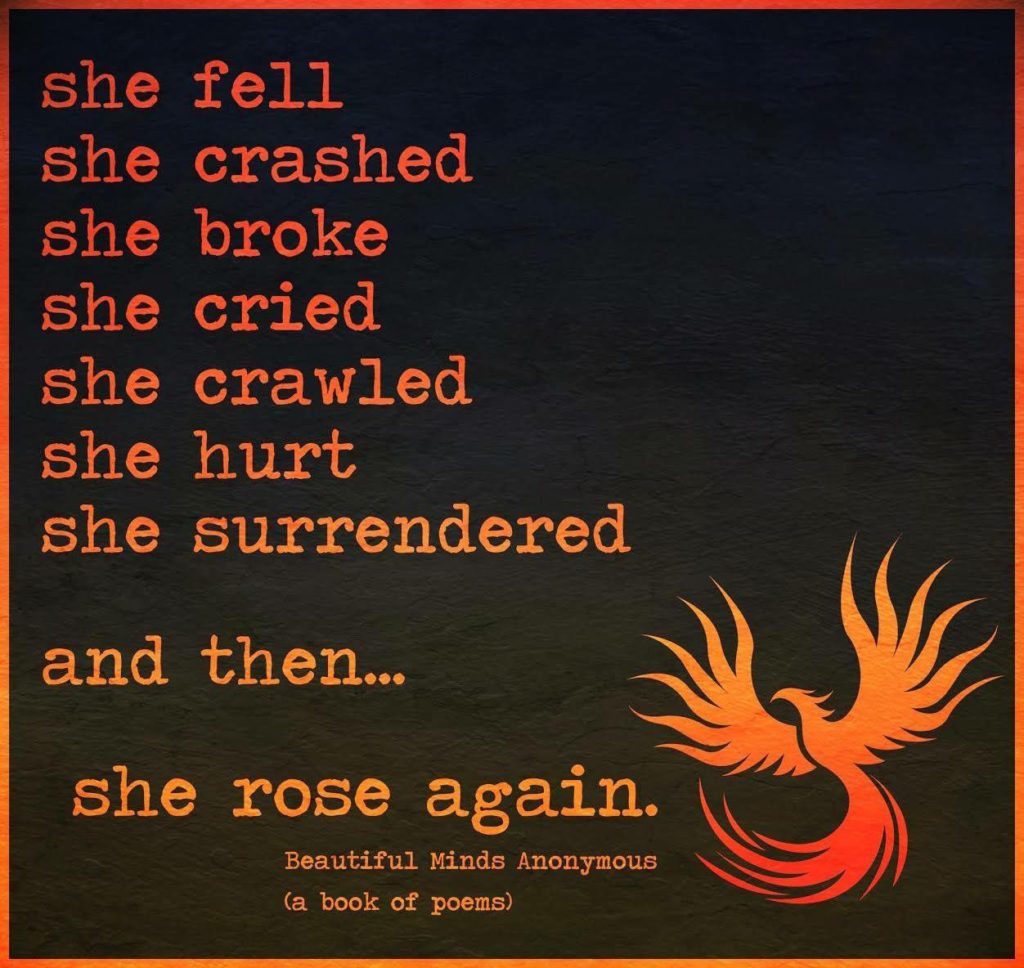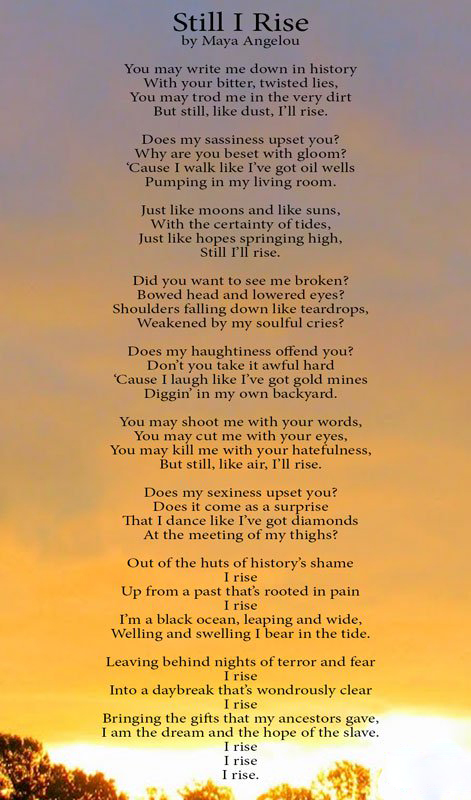
My eldest daughter Alexa, 10, was really excited to try out for her school play this year. She had picked a part that she really loved, not a lead character but one that suited her personality well. I was really excited because for years we were working through her fear of being on stage and front in center of large crowds. I had seen tremendous growth in her in the last few months during her television interview for our girls app and singing more in school activities. She came home one afternoon telling me all about the play and she proudly shared that she was going to push out of her comfort zone and tackle her fear head on and audition for a part that had a solo song and lines and more. I was so excited, nervous and happy for her. She spent weeks learning the songs and memorizing the lines. She watched videos of the musical performed by other students and picked up so much on the character. She was absorbed, passionate and optimistic and well, I was as well! Surely with how much of the part she knew and being that it was a small school, she surely had a great shot of nailing the part, especially because there was no one else in her class auditioning for that specific role.
Well audition day came and went and my incredible girl came home one afternoon crushed, devastated and defeated. She didn’t get the role. She didn’t even get to show any of the lines she knew of the role or sing the song. From her account she was asked to sing another song for a few lines and that was the extent of her audition and she didn’t get the role she wanted, in fact she was very dissapointed with the part she did get.
My first instinct, well, my stomach flopped, it burned and churned, my chest tightened and I got angry. I was so sad and frustrated for her! “How come she wasn’t able to audition and show all of her hard work”? “ Why did she only get the part that she got”? “Didnt they realize how HUGE this was for her to even try out for this role?” “Didn’t they know the HOURS she spent studying the role, memorizing the lines and songs?” I wanted to email the teacher, call her and see what had happened. This was my immediate response, and as a mother and human being, my response was totally normal. Yes, I was allowed to be saddened upset and angry and I gave myself a few minutes to process that internally and then started the deeper work. How do I help my incredible girl grow and move through this moment with grace, courage and resiliency?
The first thing I did was give my incredible girl a great big long squeeze and a kiss on the top of her head, and then I said, “I’m so sorry to hear that, you must be so dissapointed. Do you want to tell me about how everything went?” At this point my job was to hold space for her, to allow her to vent, to tell her side of the story without judgement, without constructive criticism or feedback. I needed her to be able to process verbally what she was feeling and know that I was there to listen. She told me her frustrations and as I listened. I kept repeating to myself how it was ok, that she would be ok and not let myself get to upset. You see when our children are in pain or suffering or going through a difficult experience for many parents it creates often times a physical and visceral response and that is normal, that is our reptile brain that is control of the flight or fight response creeping up, a normal biological reaction. But we have to remind ourselves when we are in this moment to pause and breathe and think things through instead of automatically responding, which can cause more problems for all later on.
After she told her story, I looked her in the eyes and I could see her eyes glistening with tears and I said, “I know exactly how you feel, you know I tried out for several plays in school and I never got the big roles or the parts I wanted”. She asked me, “why did you continue to do it? Didn’t it upset you?” My response back, “of course I was upset, but I had a choice to make. I could continue trying and working hard and enjoying all the aspects of the experience which I loved or I could walk away and not do it anymore. I loved musical theatre so much and the many facets of it that I would rather play a small part than no part at all.” She gave me a big squeeze and understood.
We talked about going into the rest of the play process with an open mind on her casted role and to see if she could allow herself to enjoy it and use this experience to still continue to work on her courage and being on stage.
She happily came home the next day with excited chatter that her new role, while it wasn’t what she originally wanted wasn’t as small or as bad as she expected and she buzzed with excitement on how her teachers where modifying little parts to make them even more special. She told me she was happy again about everything and while she still wished she had the other part she was excited to continue to grow and be a part of this experience because she would rather play some part than no part at all.
I was so proud of her and saw how this lesson of disappointment was a huge lesson in building resiliency. For so many of us it is so hard when our children are disappointed but disappointment is such a huge opportunity packed with so many incredible and valuable lessons for children these days. As a society we are sheltering children more and more from disappointments and heartaches. We are giving all children trophies or as parents we are trying to interfere or micromanage coaches, teams and teachers. I mean, even I had the urge to call the teacher. What we need to remember is that our response to these situations to want to protect and shelter our children are NORMAL biological responses but it is up to us on how we choose to respond to those emotions. For me, I wanted to use this experience to connect with my daughter to help her process disappointment in a healthy way and to continue to stretch and grow because that is what a powerful girl does, she continues to rise even when she falls and each time she does she rises higher and higher.
